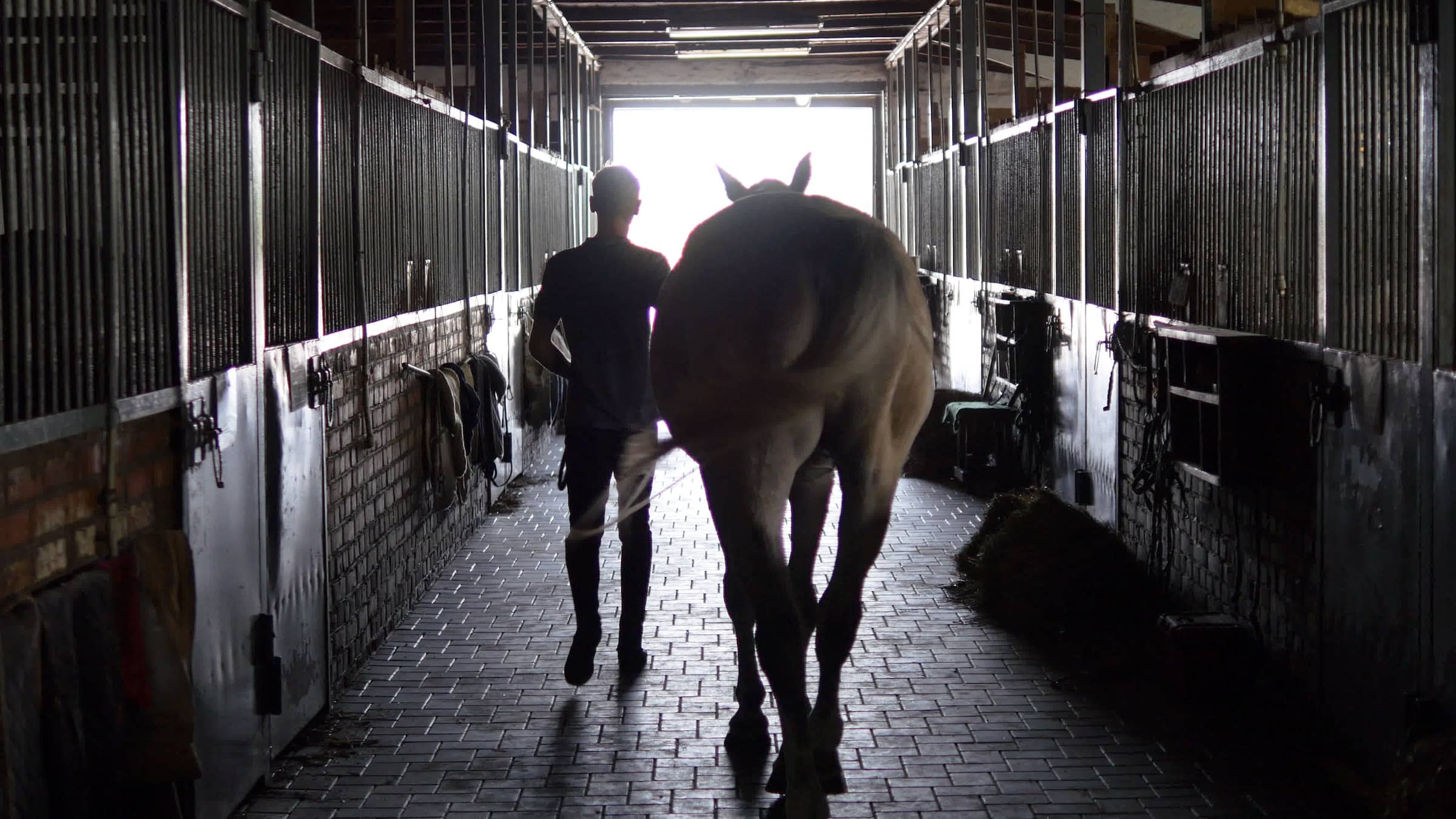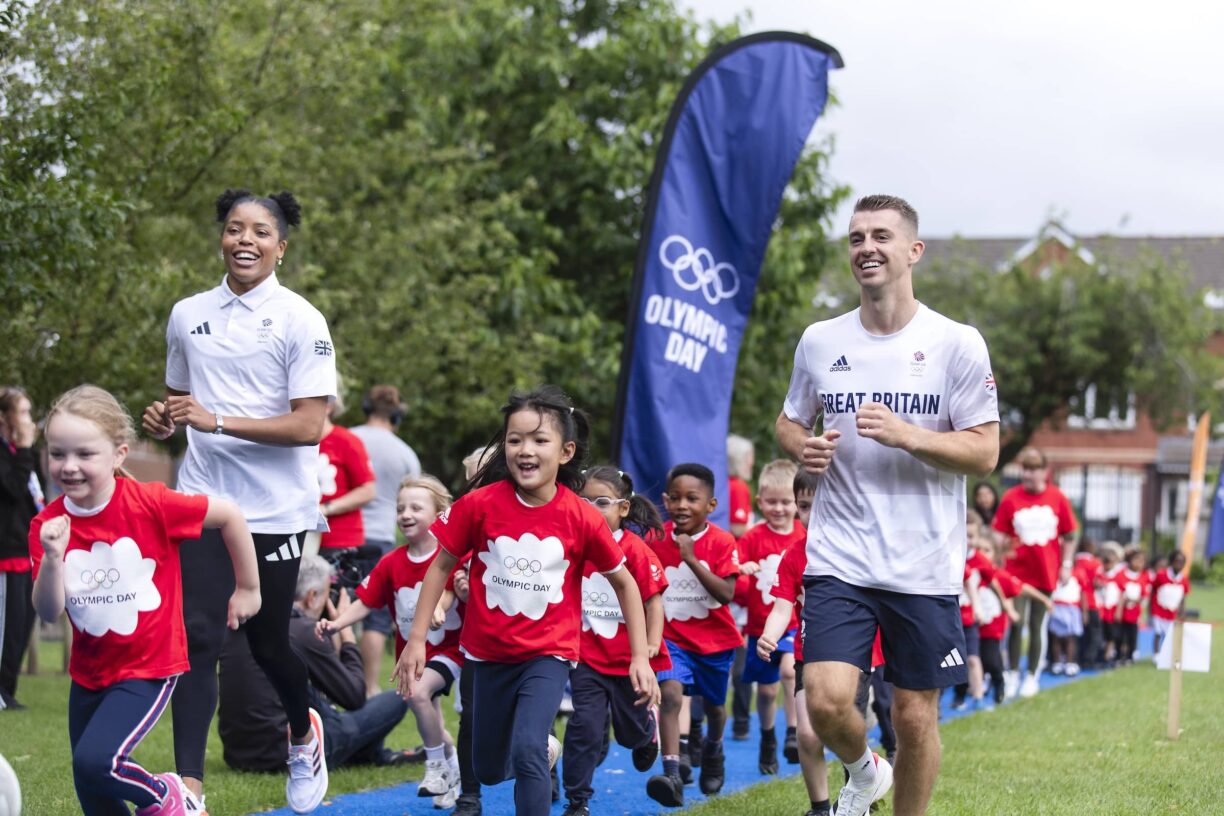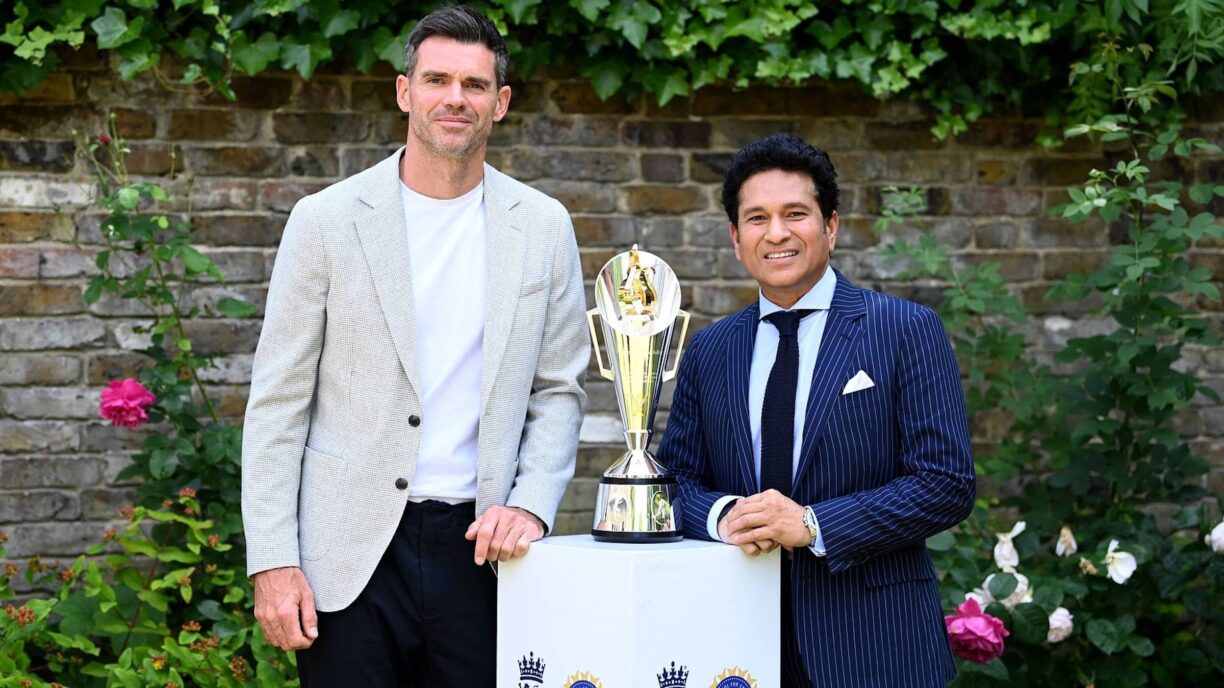The UK horseracing industry has warned of difficulties facing their venues with the potential for rising energy bills. With price caps on energy exclusive to domestic properties, commercial premises like racecourses will likely stare down the barrel at a potential ten-fold rise in annual energy bills this winter.
Following the appointment of Liz Truss as the new Prime Minister, her inaugural speech outside 10 Downing Street suggested she would take direct action to provide greater protection and certainty to businesses over their energy costs.
Rising energy costs are considered the perfect storm for some UK racecourses, where prize money and field sizes have dwindled of late. Without the necessary tough action taken to protect the best interests of the UK horseracing industry, field sizes could decline further still.
This will make it harder for racegoers to seek value in the daily horse racing tips, with fewer surprises and reduced competition all around. Meanwhile, racecourse owners themselves will find it more difficult to attract spectators without slashing their entry fees to such an extent that staging race meetings become a loss-maker.
The Jockey Club estimated a total increase in energy costs of £2.5m across all its 15 racecourses and additional venues. Even horseracing trainers were set to foot the bill too. Trainer Rod Millman recently revealed that his latest energy quote weighed in at £13,000 per annum – up from £3,000 per annum.
The Betting and Gaming Council (BGC) has called for “urgent action” to safeguard Britain’s entire leisure and hospitality sector from the “catastrophic” energy price increases, with retail betting stores also deeply affected by soaring bills.
Truss confirmed a new six-month energy relief scheme for businesses, providing the “equivalent support” offered to domestic properties. That support sees a £2,500 price cap on annual energy bills for the average household. Commercial premises like racecourses and betting stores will therefore be charged at the same unit price as domestic customers.
Truss said the six-month window would give firms “the certainty they need” to plan over the difficult winter months. Truss also revealed that the Business Secretary would be tasked with liaising with industries midway through the six-month window to determine whether more targeted support would be necessary.
UK horseracing also has a new Culture Secretary
The British horseracing industry will also be holding its collective breath following the appointment of Michelle Donelan MP as the new head of the Department for Digital, Culture, Media and Sport (DCMS). She replaces Nadine Dorries, who resigned from her role with the DCMS prior to the departure of former Prime Minister Boris Johnson
Donelan, who has been a prominent and vocal backer of the reform of the betting industry, may not be the most welcome of diplomats among the horseracing community.
Donelan has been an MP since 2015, before which she spent time in the media and entertainment industry.
British Horseracing Authority pays its respects to Her Majesty Queen Elizabeth II
The energy relief measures were announced a matter of hours before the formal announcement of the passing of Her Majesty Queen Elizabeth II. The Queen passed away at her Balmoral residence on 8th September, aged 96.
Her Majesty was a staunch supporter of sport at all levels and was present at the Baton Relay before the 2022 Commonwealth Games in Birmingham.
The British Horseracing Authority (BHA) released an official statement describing the Queen as “one of the greatest and most influential supporters” of British horseracing.
The Queen had a strong involvement in breeding and owning racehorses of her own and was a patron of The Jockey Club and the Thoroughbred Breeders Association.
As a mark of respect, the BHA postponed all race meetings on Thursday, 8th September and Friday, 9th September, in a bid to “remember her extraordinary life and contribution” to the sport of racing.





